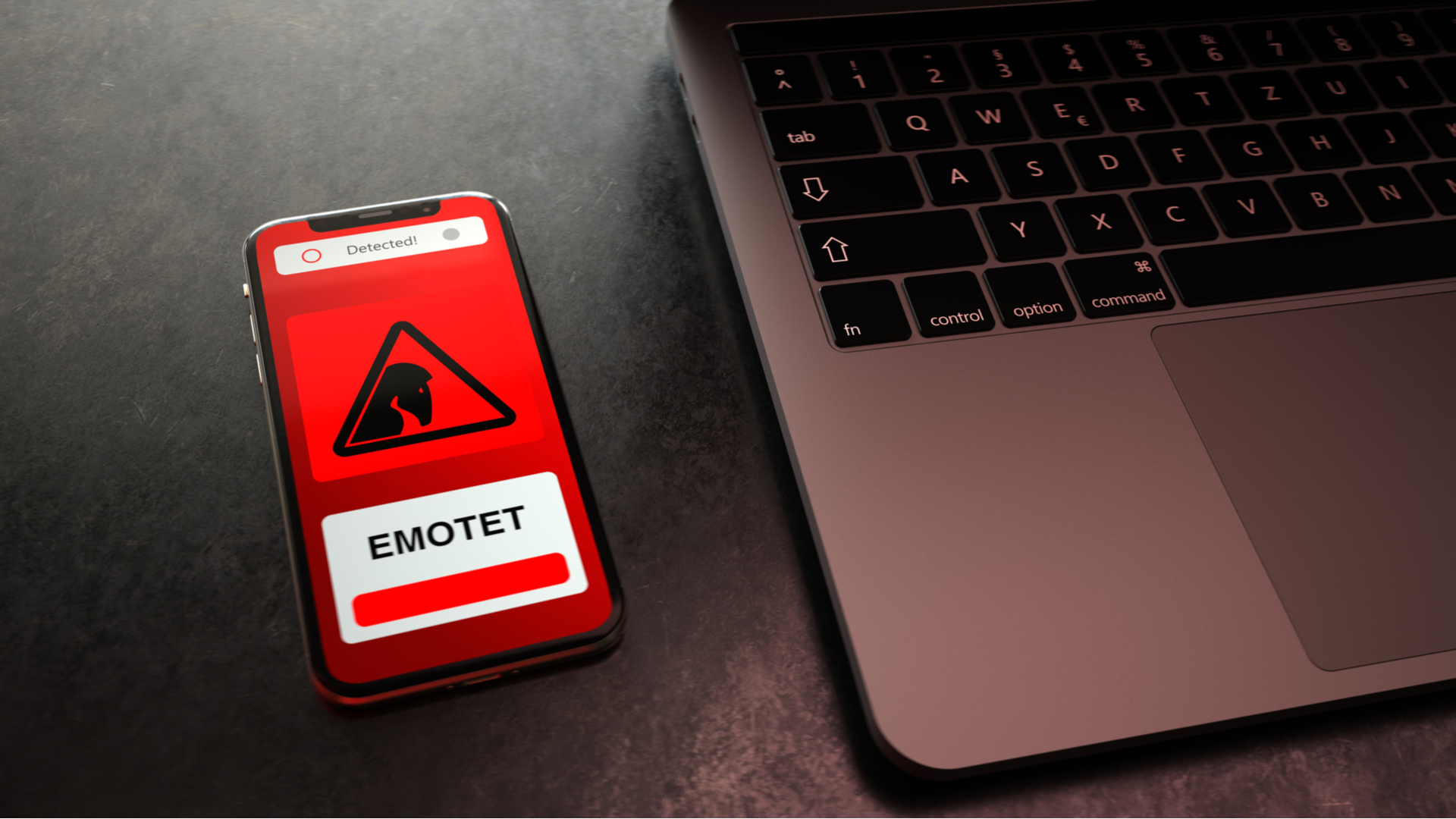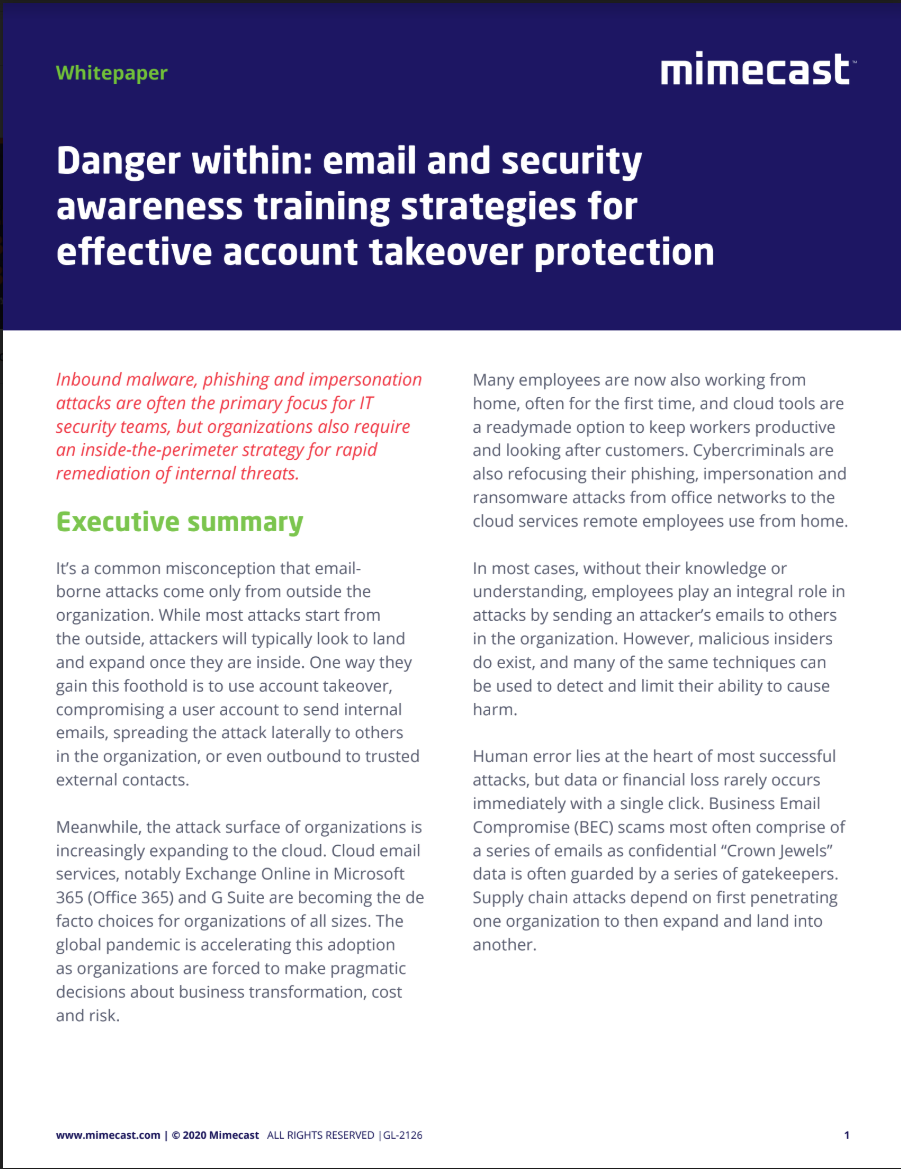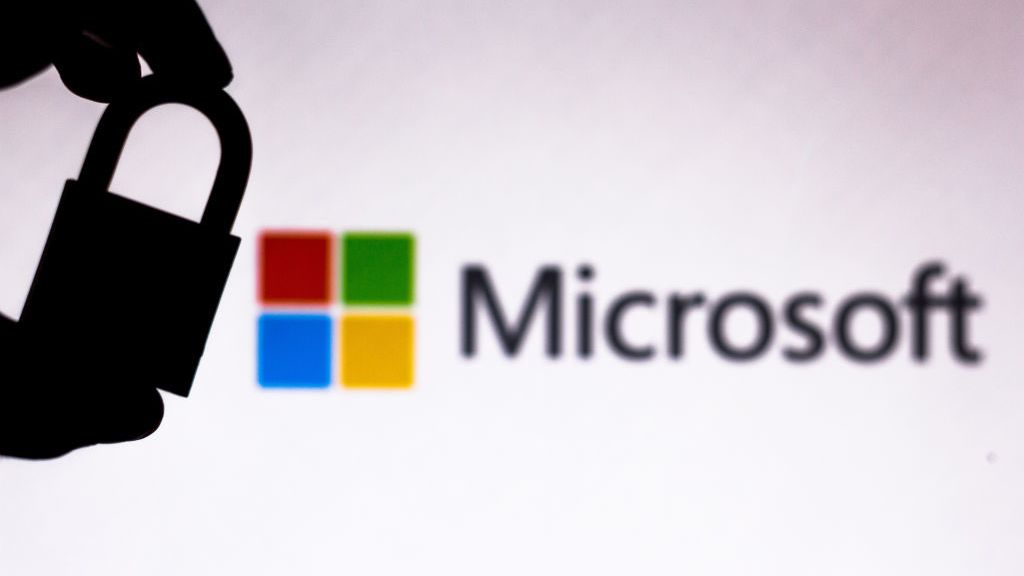Microsoft's secure VBA macro rules already being bypassed by hackers
Recent analysis of Emotet activity has revealed a shift away from malicious Office documents to drop malware


The cyber criminal group operating the resurgent Emotet botnet have been observed trialling new attack techniques after Microsoft’s new rules on macro-enabled documents come into force.
Attributed to Threat Actor 542 (TA542), Proofpoint researchers said Emotet has been observed taking a ‘spring break’ with low levels of activity coinciding with observed changes in attack methodology.
Emotet has typically exploited weak rules on macro-enabled Microsoft Office documents to deliver the malware payload to victims, but now Microsoft has made the default handling of macro-enabled documents more secure, its attack vectors are seemingly about to change.
In a report published today, Proofpoint said it observed Emotet moving away from malicious Office documents and instead is now opting to include OneDrive URLs in spam email campaigns that lead to the download of a zip archive containing XLL files that drop Emotet malware.
The malicious emails are typically designed to lure victims with one-word subject lines such as ‘Salary’ with the zip archive files adopting similar file names as the original lure: ‘Salary_new.zip’ was one example which contained XLL file names such as ‘Salary_and_bonuses-04.01.2022.xll’.
The XLL files will drop and run Emotet which uses the Epoch 4 botnet, Proofpoint said. It’s a new attack method, the timing of which - coinciding with Microsoft’s more secure handling of VBA macros - is not a coincidence.
Asked whether the trial of new attack tactics, techniques, and procedures (TTPs) was linked to the new rules on macro-enabled Office documents, Sherrod DeGrippo, vice president of threat research and detection at Proofpoint, said it “absolutely” was.
Get the ITPro daily newsletter
Sign up today and you will receive a free copy of our Future Focus 2025 report - the leading guidance on AI, cybersecurity and other IT challenges as per 700+ senior executives
“This is something threat actors who are agile and experienced like TA542 will likely continue to do as time goes on,” she said to IT Pro. “The Microsoft choice to make changes to default handling of macro documents has implications on the threat landscape and this could be a part of threat actors making decisions to leverage new attack chains that aren’t impacted by that decision.
“Malicious macro documents are a large part of the threat landscape, but they’re not the only option. We regularly observe actors using container files like .iso’s, for example. Threat actor groups will continue to experiment, and early signs point towards XLL files being one direction the landscape may shift toward.”
Microsoft announced changes to the default handling of VBA macros in February, the rules of which came into force this month. It also said it would disable XL4 macros last year, both moves were made to stymie cyber attacks using this method of payload delivery.
RELATED RESOURCE

Security awareness training strategies for account takeover protection
Why you need an inside-the-perimeter strategy for internal threats
IT Pro asked Proofpoint for data on the number of successful Emotet attacks it has observed, and the number of Emotet attacks taking place since its 2021 resurgence, but it was unable to share the data.
Other cyber security outfits, such as Black Lotus Labs, have published their findings after tracking Emotet’s new version, saying that in March 2022, unique Emotet detections were in the tens of thousands per day. Check Point also said it was the most prevalent malware strain it tracked in March 2022.
“After months of consistent activity, Emotet is switching things up,” said DeGrippo. “It is likely the threat actor is testing new behaviours on a small scale before delivering them to victims more broadly, or to distribute via new TTPs alongside its existing high-volume campaigns.
“Organisations should be aware of the new techniques and ensure they are implementing defences accordingly.”

Connor Jones has been at the forefront of global cyber security news coverage for the past few years, breaking developments on major stories such as LockBit’s ransomware attack on Royal Mail International, and many others. He has also made sporadic appearances on the ITPro Podcast discussing topics from home desk setups all the way to hacking systems using prosthetic limbs. He has a master’s degree in Magazine Journalism from the University of Sheffield, and has previously written for the likes of Red Bull Esports and UNILAD tech during his career that started in 2015.
-
 Bigger salaries, more burnout: Is the CISO role in crisis?
Bigger salaries, more burnout: Is the CISO role in crisis?In-depth CISOs are more stressed than ever before – but why is this and what can be done?
By Kate O'Flaherty Published
-
 Cheap cyber crime kits can be bought on the dark web for less than $25
Cheap cyber crime kits can be bought on the dark web for less than $25News Research from NordVPN shows phishing kits are now widely available on the dark web and via messaging apps like Telegram, and are often selling for less than $25.
By Emma Woollacott Published
-
 Seized database helps Europol snare botnet customers in ‘Operation Endgame’ follow-up sting
Seized database helps Europol snare botnet customers in ‘Operation Endgame’ follow-up stingNews Europol has detained several people believed to be involved in a botnet operation as part of a follow-up to a major takedown last year.
By Emma Woollacott Published
-
 Horabot campaign targeted businesses for more than two years before finally being discovered
Horabot campaign targeted businesses for more than two years before finally being discoveredNews The newly-discovered Horabot botnet has attacked companies in the accounting, investment, and construction sectors in particular
By Ross Kelly Published
-
 Brand-new Emotet campaign socially engineers its way from detection
Brand-new Emotet campaign socially engineers its way from detectionNews This latest resurgence follows a three-month hiatus and tricks users into re-enabling dangerous VBA macros
By Ross Kelly Published
-
 Microsoft says “it’s just too difficult” to effectively disrupt ransomware
Microsoft says “it’s just too difficult” to effectively disrupt ransomwareNews The company details its new approach to combatting cyber crime as the underground industry drains $6 trillion from the global economy
By Connor Jones Published
-
 Beating the bad bots: Six ways to identify and block spam traffic
Beating the bad bots: Six ways to identify and block spam trafficIn-depth Not all traffic is good. Learn how to prevent bad bots from overrunning your website
By Sead Fadilpašić Published
-
 Ukraine's vigilante IT army now has a DDoS bot to automate attacks against Russia
Ukraine's vigilante IT army now has a DDoS bot to automate attacks against RussiaNews The 270,000-strong IT Army of Ukraine will now combine supporters' cloud infrastructure to strengthen the daily attacks against their invaders
By Connor Jones Published
-
 Emotet infrastructure has almost doubled since resurgence was confirmed
Emotet infrastructure has almost doubled since resurgence was confirmedNews Researchers confirm the infrastructure has also been upgraded for a "better secured", more resilient operation
By Connor Jones Published
-
 DOJ extradites Ukrainian man who used a botnet to decrypt login credentials
DOJ extradites Ukrainian man who used a botnet to decrypt login credentialsNews The 28-year-old allegedly sold passwords to other criminals on the dark web
By Rene Millman Published